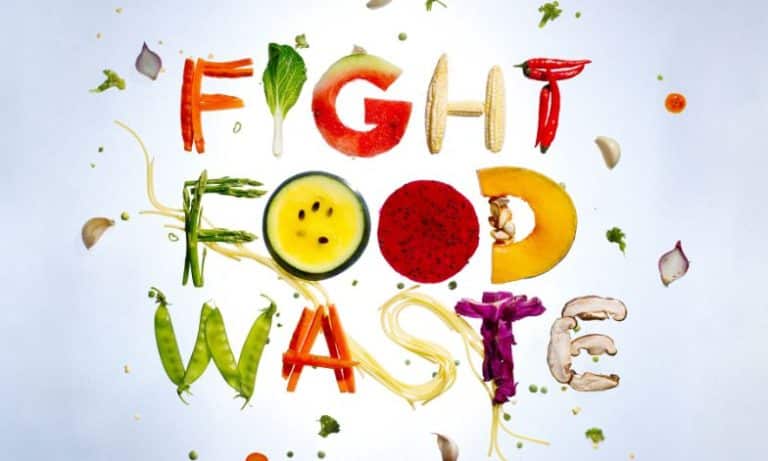
Addressing consumer food waste poses a significant challenge, both within the European Union and globally. The unsettling fact is that much of our food production goes unconsumed, resulting in dire environmental, social, and economic consequences. Each year, nearly one-third of food produced for human consumption is lost or wasted worldwide. Moreover, we squander vital resources such as energy, land, and water used in food production. This issue also has an ethical dimension, given that the number of people affected by hunger globally rose to as many as 828 million in 2021. In the European Union, Eurostat data from 2021 revealed that 33 million people (7.4% of the entire EU population) cannot afford a quality meal every second day.
Understanding the difference: Food loss vs. Food waste
Food losses occur during production, post-harvest, and processing stages within the food supply chain. Food losses related to retailers’ and consumers’ behavior are termed “food waste,” and they occur at the end of the food chain, namely in retail and during final consumption.
Quantifying food waste in Europe
In the EU alone, approximately 88 million tonnes of food waste are generated annually, incurring an estimated cost of €143 billion. Eurostat estimated that in 2020, 53% of food waste in the EU originated from households, with processing and manufacturing accounting for the second-largest share (20%). Restaurants and food services contributed 9%, and wholesale and retail added 7%.
The importance of reducing food loss and waste
When food is wasted, we waste not only the food itself but also the labor, resources, investments, and precious commodities such as water, seeds, and feed that were used in its production. Reducing food waste at the retail, food service, and household levels offers multifaceted benefits for both people and the planet. It enhances food security, addresses climate change, saves money, and alleviates the pressure on land, water, biodiversity, and waste management systems. Reducing food loss and waste contributes to feeding the global population in an environmentally sustainable manner, improving resource efficiency and reducing greenhouse gas emissions per unit of food consumed.

Taking action to prevent food waste
Everyone can play a pivotal role in curbing food waste, often with minimal effort, resulting in cost savings and environmental benefits. The United Nations’ Sustainable Development Goal 12.3 aims to halve per capita global food waste at retail and consumer levels and reduce food loss throughout production and supply chains by 2030.
Here are some practical steps you can take to waste less food and appreciate its worth:
- Shop Smart: Purchase only what you need and plan your meals. Create a shopping list to avoid over-purchasing.
- Store food wisely and utilize leftovers: Use airtight containers to keep open food fresh in the fridge and ensure packaging is sealed. Freeze leftovers for future use or incorporate them into another meal.
- FIFO (First in, First out): Familiarize yourself with food date labels, such as “use-by” and “best-before” dates, and prioritize consumption accordingly. “Use-by” dates indicate when food is no longer safe to eat, while “best-before” dates suggest when food is at its peak quality but may still be consumed if stored properly.
- Set up a compost bin: Rather than discarding food waste in regular bins, consider setting up a compost bin for fruit and vegetable peelings and other inedible or unused food. Composting contributes valuable nutrients back to the soil, reducing the need for chemical fertilizers and aiding soil fertility, water retention, and nutrient delivery to plants. It also helps mitigate greenhouse gas emissions associated with waste transport and disposal.
- Sharing is caring: Donate surplus food to help those in need, preventing it from going to waste.
Additionally, on 29 September the International Day of Awareness of Food Loss and Waste offers a unique opportunity to draw attention to the issues and organise awareness raising activities. This year’s theme is “Reducing food loss and waste: Taking Action to Transform Food Systems”. The day highlights the importance of reducing food loss and waste (FLW) and transforming agrifood systems to contribute to the achievement of the 2030 agenda.
This #FLWDay, join us for a celebration of the International Day of Awareness on Food Loss and Waste Reduction in Brussels on 29 September 2023 in Bigh FARM – “REACT, TAKE ACTION AND REDUCE”. For more information and registration HERE.
More information: